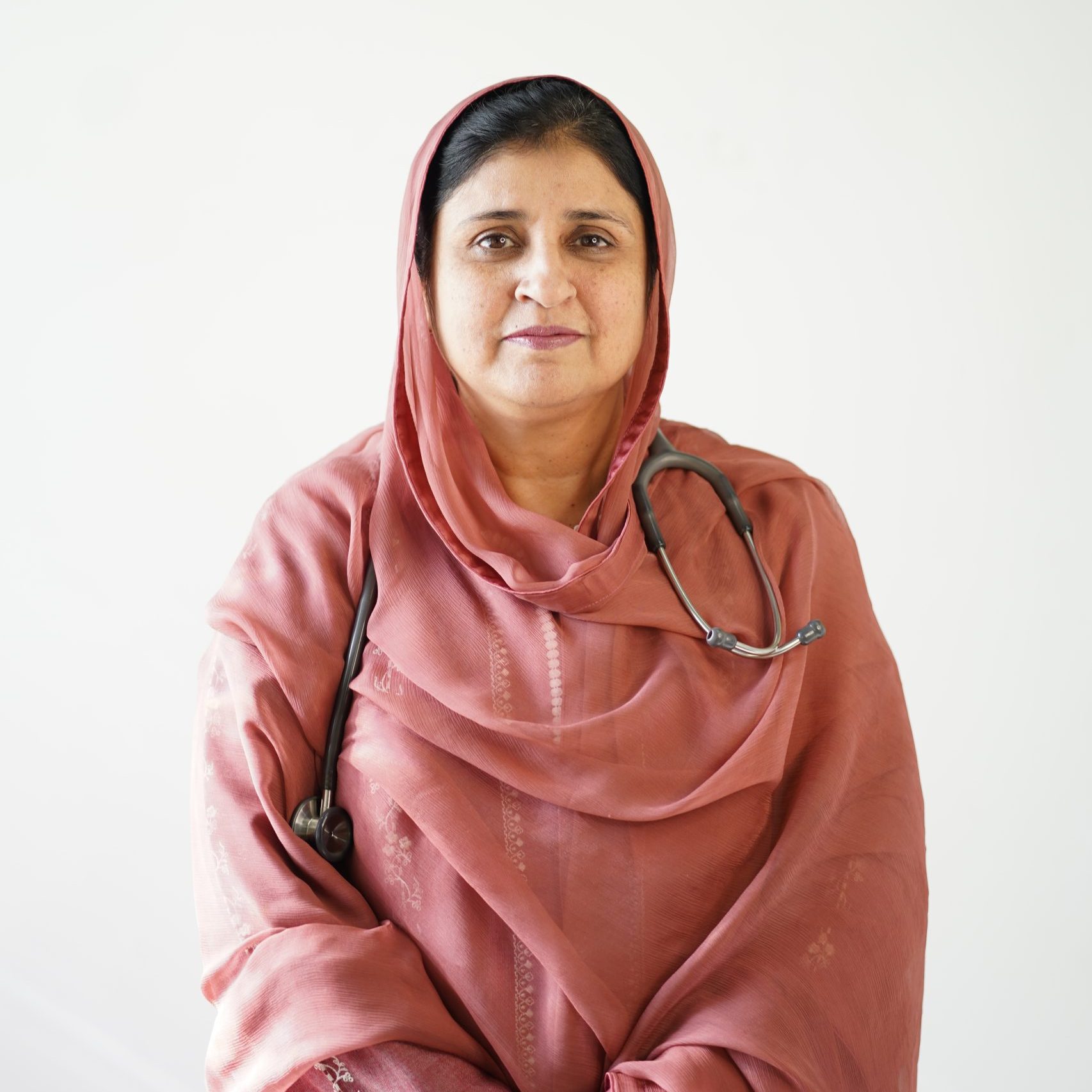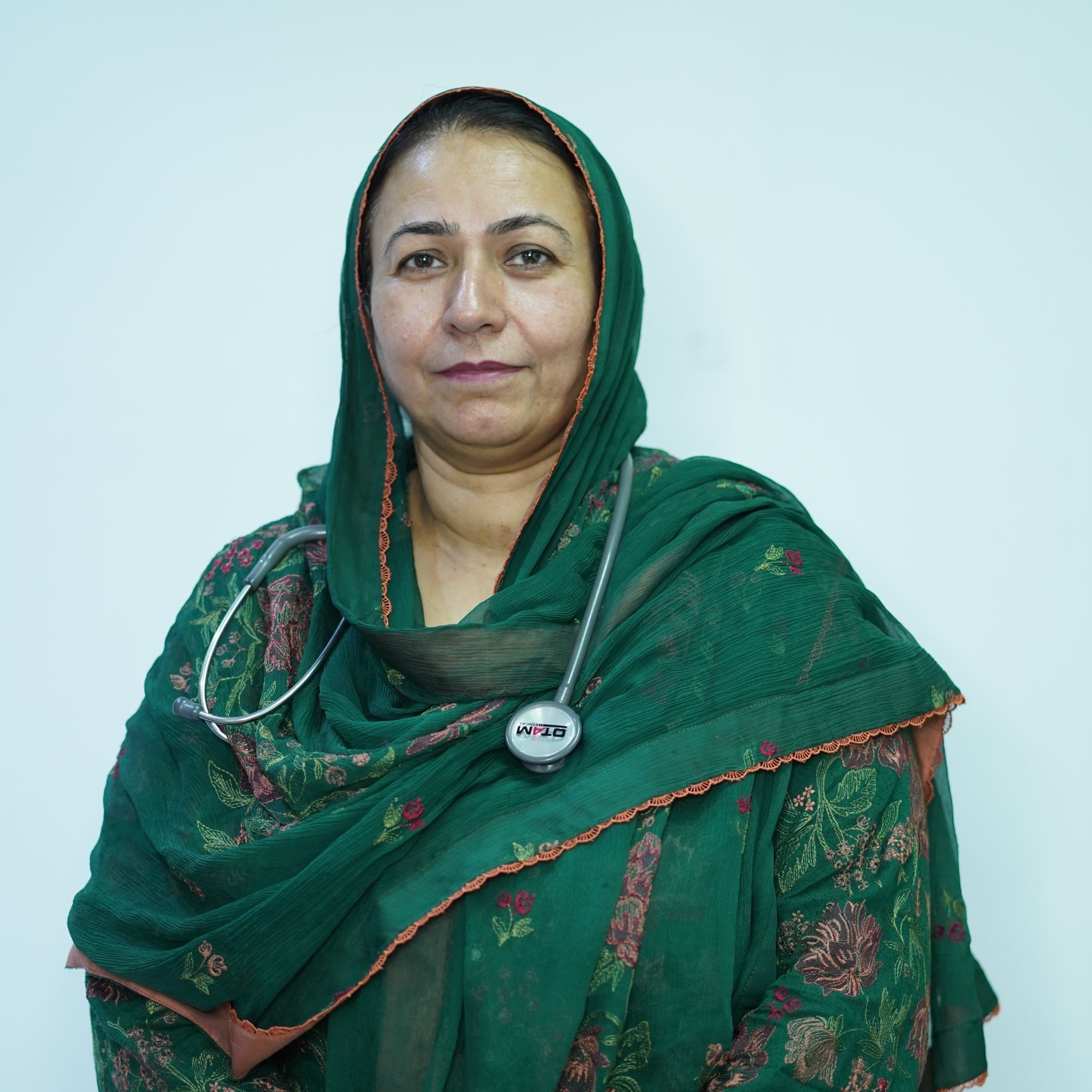The Pediatrics Department at our hospital is committed to providing specialized medical care for infants, children, and adolescents. Led by board-certified pediatricians and pediatric specialists, our team offers a wide range of services, including well-child check-ups, vaccinations, acute care for illnesses and injuries, and management of chronic conditions. We prioritize the health and well-being of our young patients, delivering compassionate and family-centered care in a child-friendly environment. Our goal is to promote healthy development and support families in navigating their children's healthcare needs from infancy through adolescence.
Services:
Our pediatrics services provide specialized medical care for infants, children, and adolescents. We offer;
- Comprehensive well-child check-ups
- Vaccinations
- Acute care for illnesses and injuries
- Management of chronic conditions
Our team of pediatricians and pediatric specialists delivers compassionate care in a child-friendly environment, focusing on preventive medicine, early intervention, and family-centered support. We are committed to promoting healthy development and ensuring the well-being of our young patients from infancy through adolescence.
Our Doctors
Dr. Abdul Hamid Paracha
Cosnultant PediatricianDr. Shub Noor Saeed
Consultant PediatricsDr. Samina Kanwal Khan
Consultant PediatricsDr. Qura tul Ain Javaid
Consultant PediatricsDr. Naveed Ashraf
Consultant PediatricsDr. Nauman Naseer
Consultant PediatricsDr. Mulazim Hussain
Consultant PediatricDr. Firdaus Awan
Consultant PediatricsDr. Aqeela Ayub
Consultant PediatricsDr. Allauddin
Consultant Pediatrics1. What is pediatrics?
Pediatrics is the branch of medicine that focuses on the health and medical care of infants, children, and adolescents. Pediatricians are physicians who specialize in providing medical care for patients in these age groups.
2. When should I take my child to see a pediatrician?
You should take your child to see a pediatrician for routine well-child check-ups, vaccinations, and whenever they are sick or experiencing symptoms such as fever, cough, rash, vomiting, diarrhea, or any other concerning symptoms.
3. What conditions do pediatricians treat?
Pediatricians diagnose and treat a wide range of childhood illnesses and conditions, including but not limited to respiratory infections (such as colds, flu, pneumonia), ear infections, allergies, asthma, skin conditions (such as eczema, rashes), gastrointestinal issues (such as constipation, diarrhea), developmental delays, behavioral issues, and injuries.
4. What happens during a visit to a pediatrician?
During a well-child visit, the pediatrician will assess your child's growth and development, perform a physical examination, and discuss important topics such as nutrition, safety, sleep, and behavior. They will also administer any necessary vaccinations according to the recommended schedule. During sick visits, the pediatrician will evaluate your child's symptoms, perform appropriate diagnostic tests if needed, and recommend treatment or further care.
5. How can I ensure my child's health and well-being?
To ensure your child's health and well-being, it's important to provide a nurturing and supportive environment, establish healthy habits such as a balanced diet, regular exercise, and adequate sleep, ensure that your child receives recommended vaccinations on schedule, practice good hygiene, teach and reinforce safety rules, and address any concerns or questions promptly with your pediatrician.
6. How can I prepare for my child's visit to the pediatrician?
To prepare for your child's visit, gather any relevant medical history or information, including previous illnesses, medications, and immunization records. Write down any questions or concerns you have about your child's health or development. Bring any necessary forms or insurance information, and be prepared to discuss your child's diet, sleep, behavior, and any recent changes or concerns.
7. When should my child receive vaccinations?
Vaccinations are typically administered according to a schedule recommended by the Centers for Disease Control and Prevention (CDC) and the American Academy of Pediatrics (AAP). Your pediatrician will provide you with a vaccination schedule outlining when your child should receive each vaccine. Vaccines are essential for protecting children from serious and potentially life-threatening diseases.
These FAQs provide general information about pediatrics and common questions related to children’s health and medical care. If you have specific concerns or questions about your child’s health, it’s important to consult with a qualified pediatrician for personalized evaluation and guidance.










